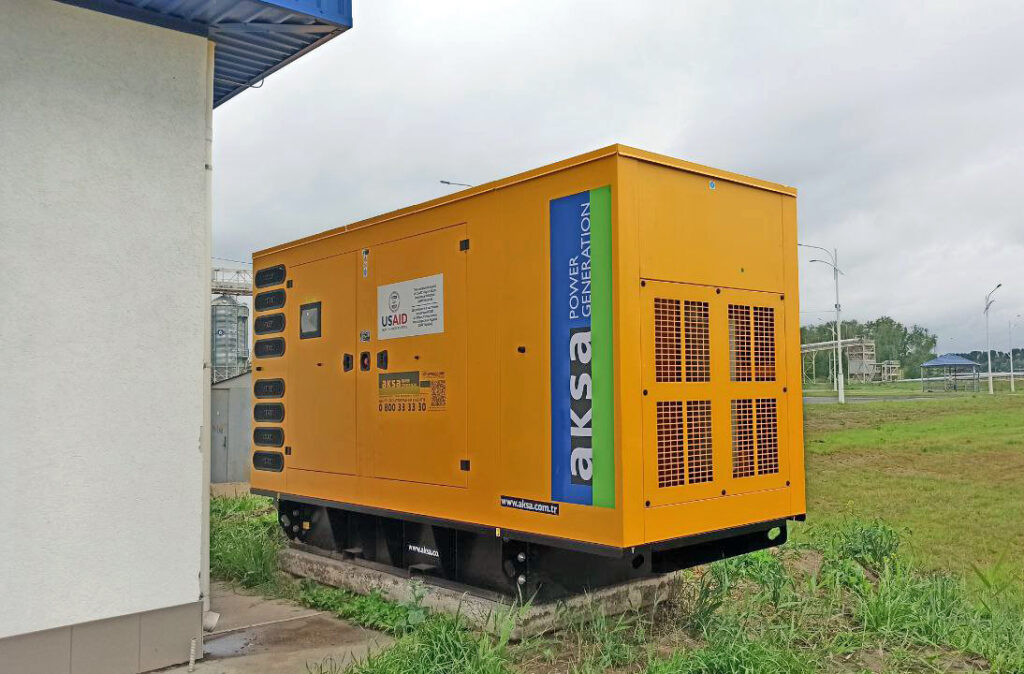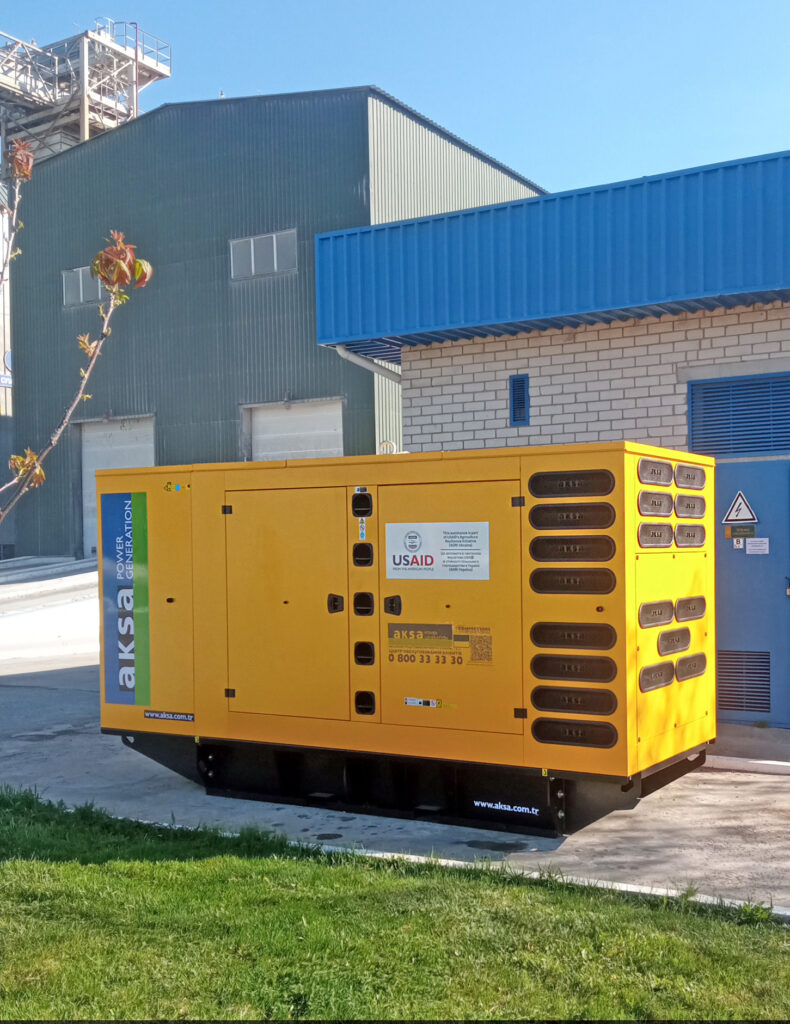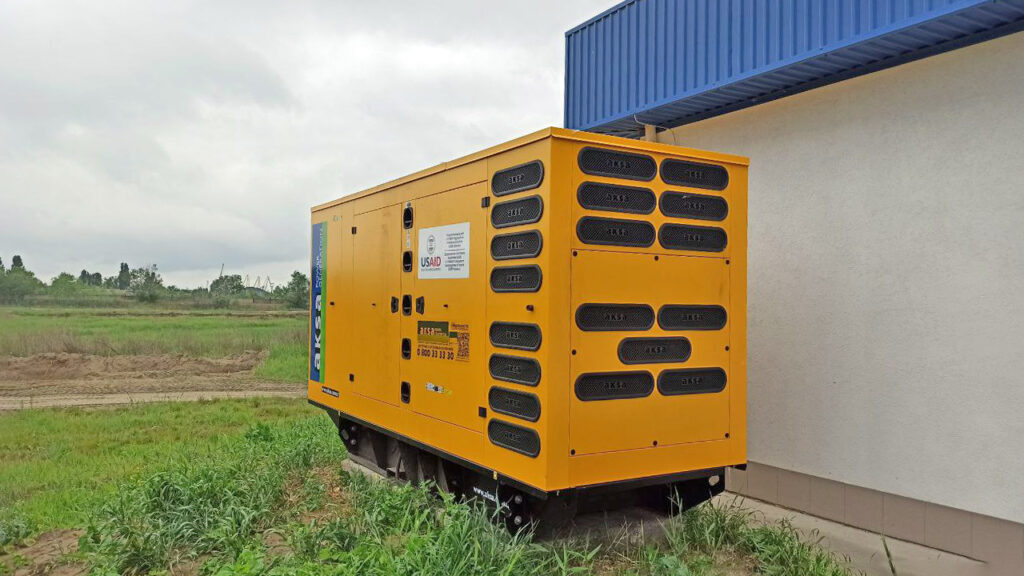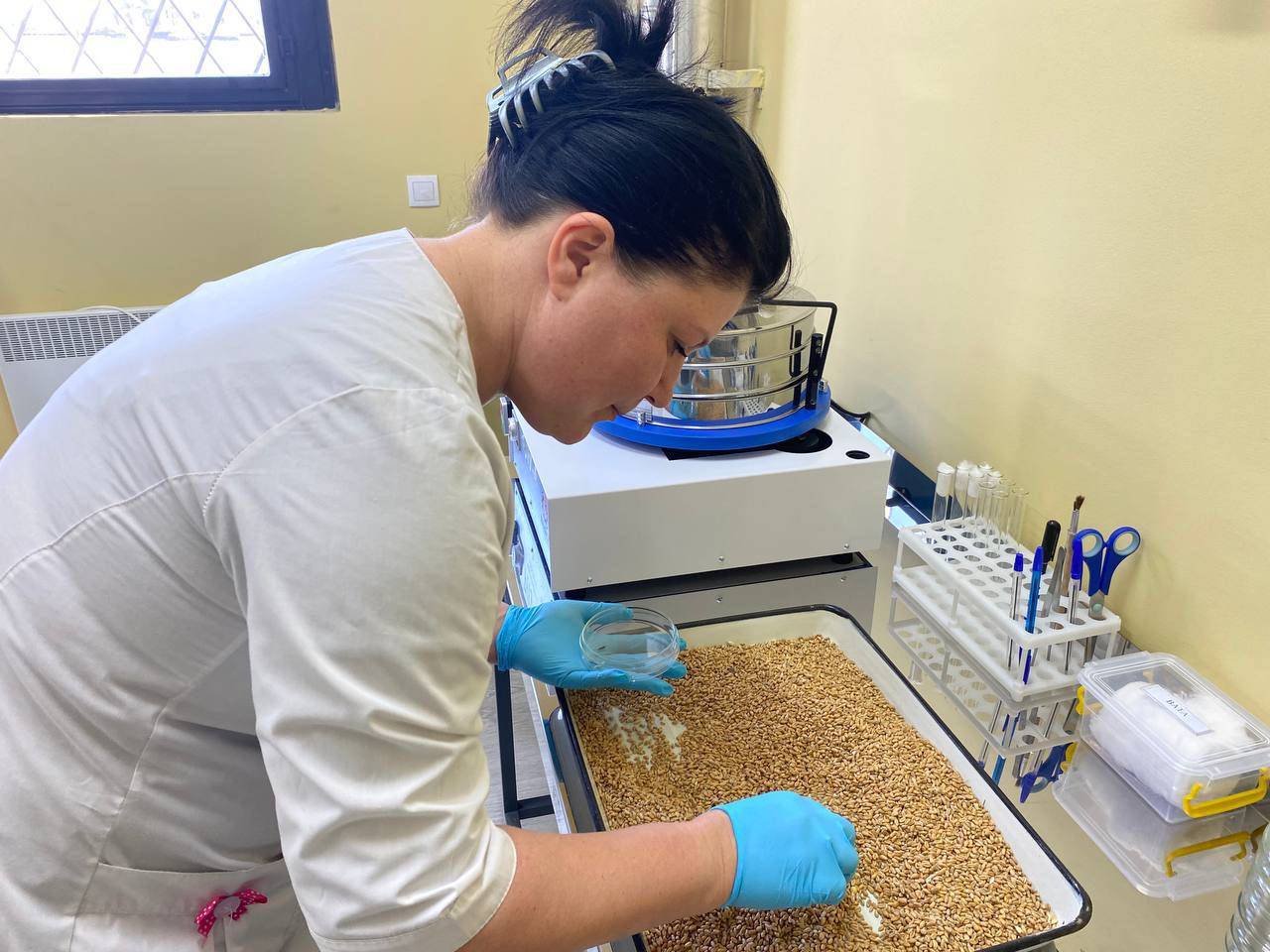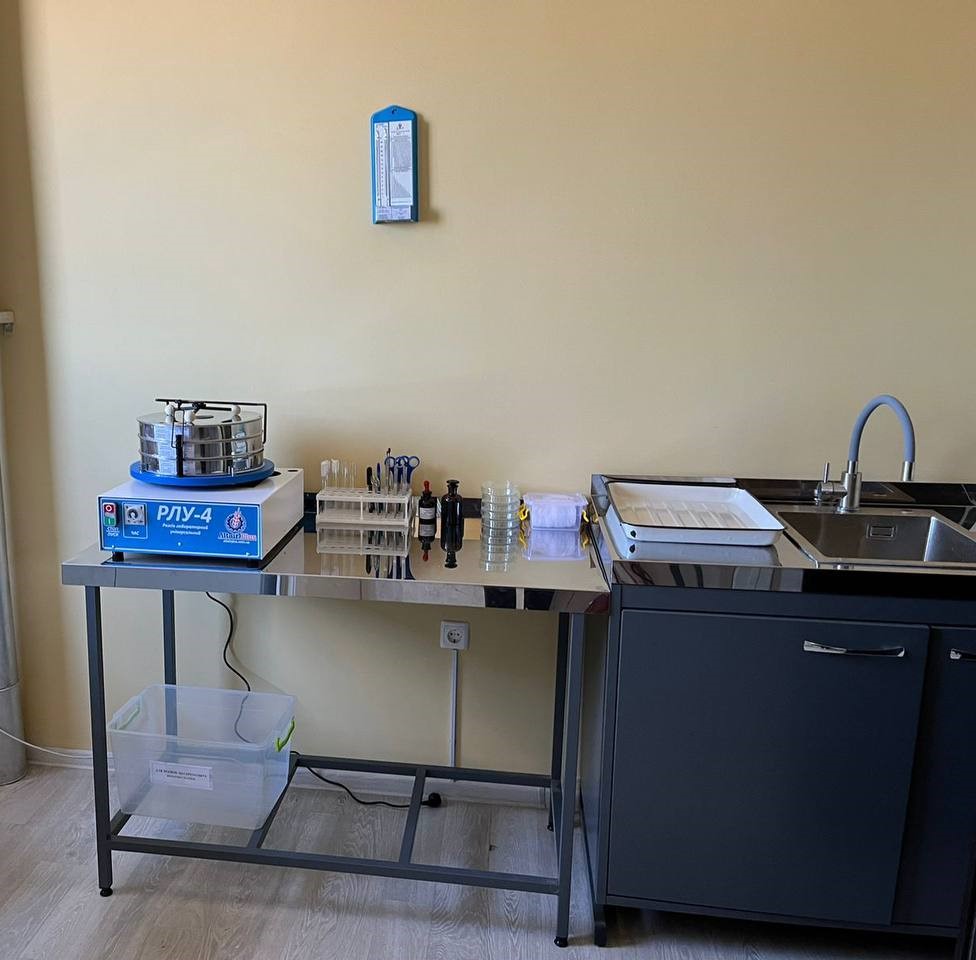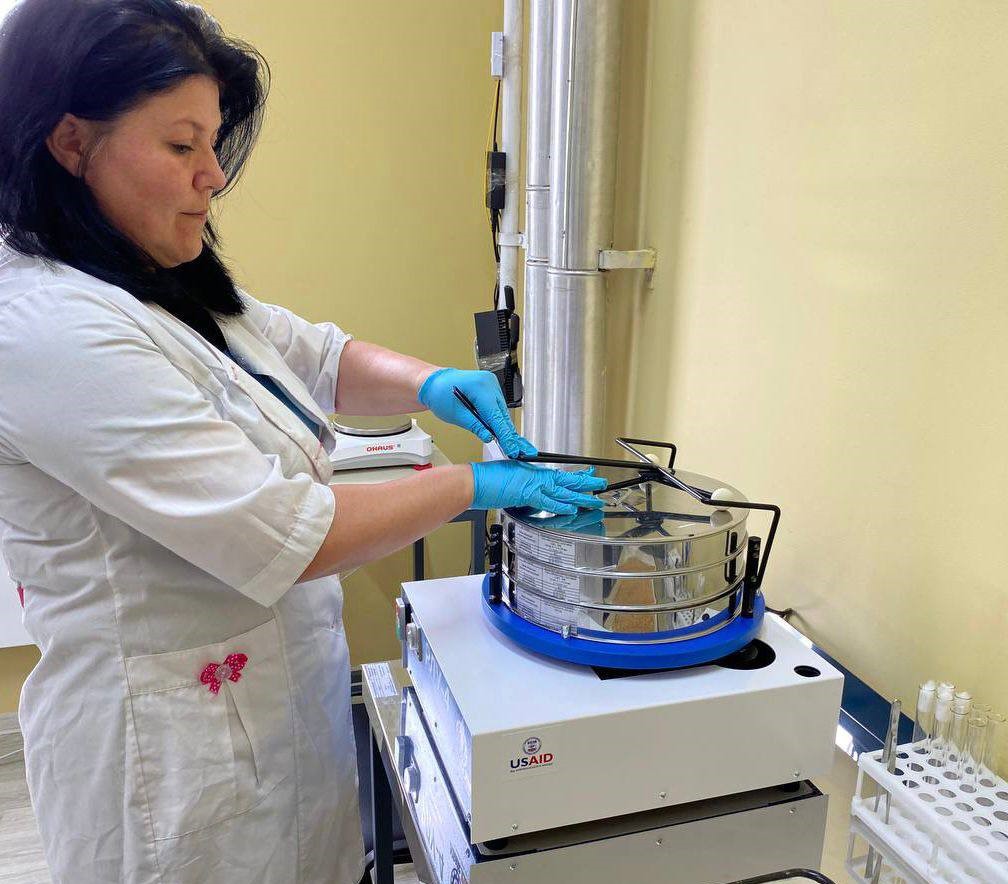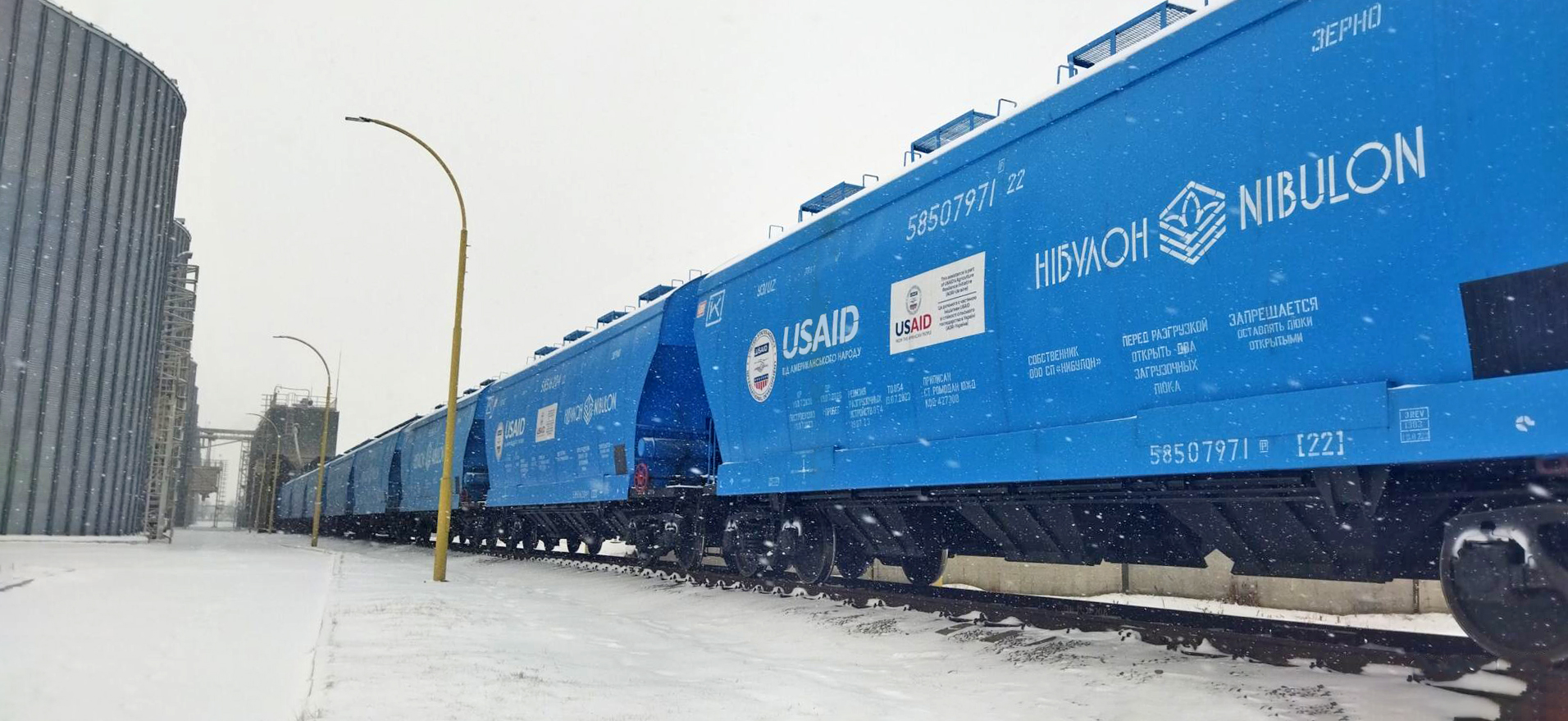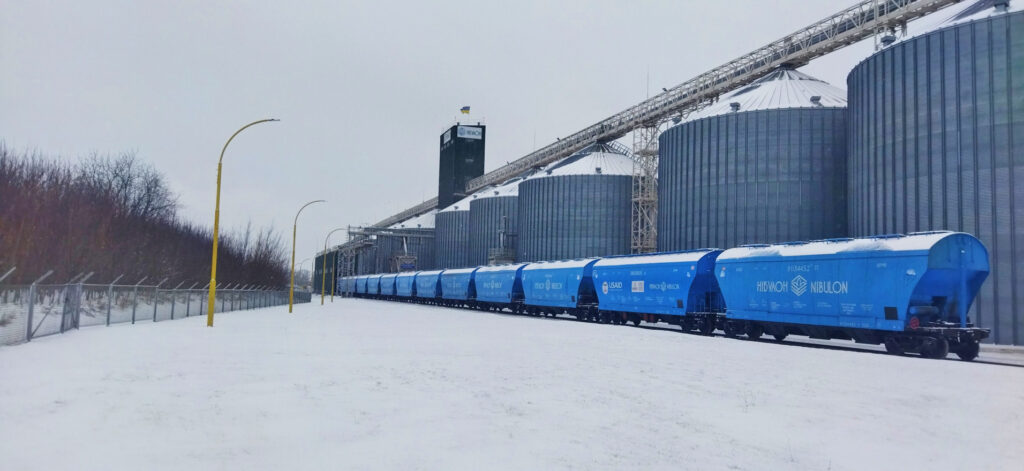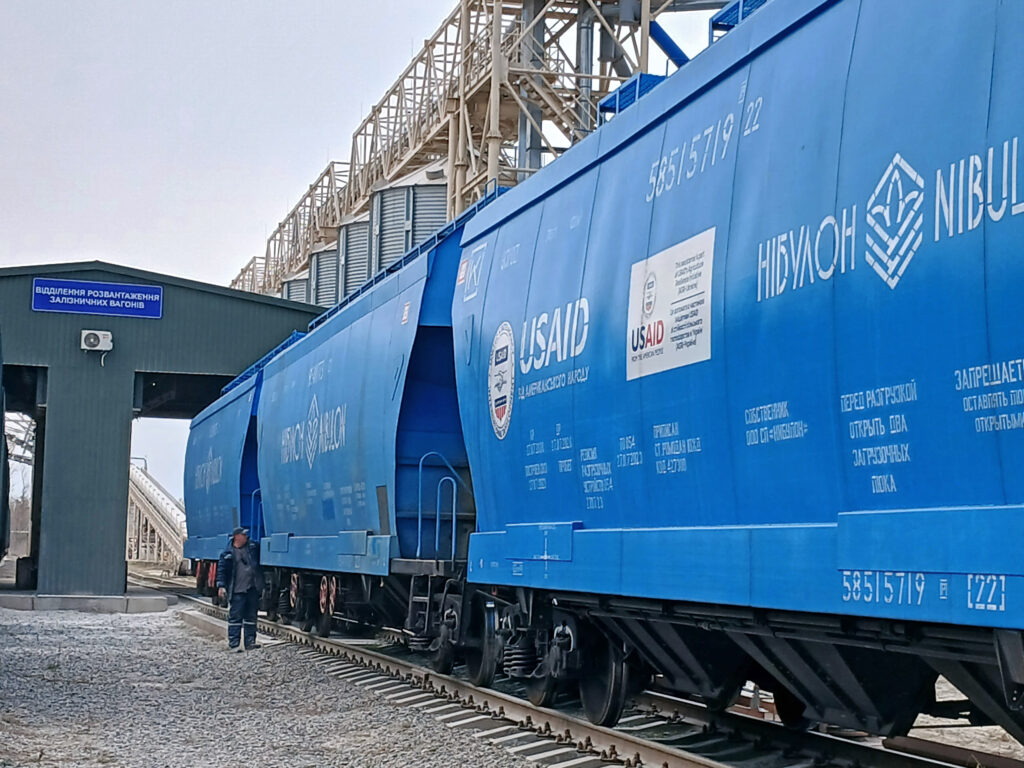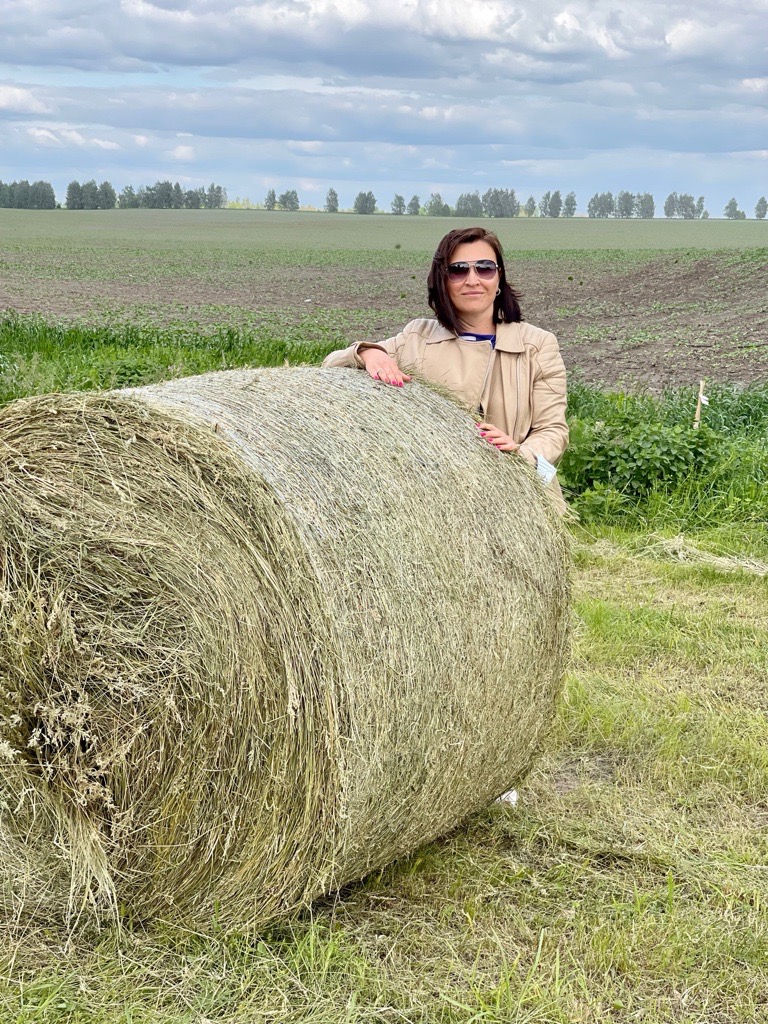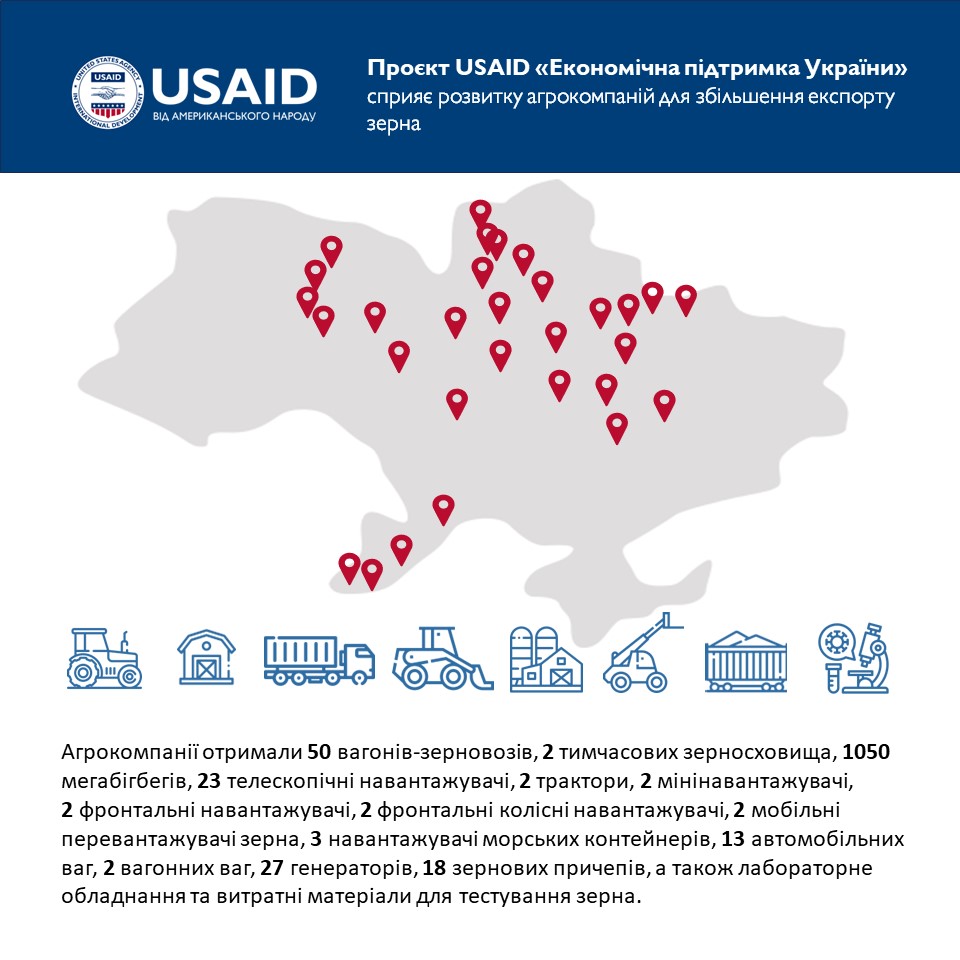Through Economic Resilience Activity (ERA), USAID delivered 10 diesel generators (from 80 to 544 kW), to 6 Ukrainian agrarian exporters to enable them to remain operational during power outages.
ERA purchased three powerful generators for Nibulon at its branches in Odesa, Poltava and Cherkasy Oblasts. Nibulon’s branches do not have backup power systems, creating additional risks during the energy crisis caused by Russia’s shelling. Cherkasy and Poltava elevators have simultaneous grain storage capacities of 75,600 and 76,000 metric tons, respectively. The Odesa branch is designed to handle grain transshipped via sea and has a monthly capacity of 300,000 metric tons. These new generators with a 420 kW capacity each, will ensure full operations in the event of a power outage and continued logistics processes for grain storage and shipment. These three generators will increase Nibulon’s capacity by an estimated 52,000 tons per year in total. Earlier, USAID ERA provided Nibulon with 50 grain hopper wagons, grain testing equipment and samplers, two truck scales, two train scales, and three mobile grain loaders with two feed hoppers. Combined, this equipment enables Nibulon to reduce the cost of exporting grain, despite the loss of some assets due to Russia’s full-scale war against Ukraine.
Moreover, ERA delivered an 80 kW and a 420 kW generators to AR Boryspil in Kyiv Oblast. AR Boryspil is a grain and oilseed producer, and it owns 42,000 hectares of land and two modern elevator complexes in Kyiv and Zhytomyr Oblasts, which ensures the uninterrupted drying, storage, and shipment of high-quality grain. AR Boryspil estimates that with these two generators its export capacity will increase by 15,000 tons annually. Earlier, USAID ERA provided AR Boryspil with 25 grain wagons and two truck scales to boost company’s grain transportation capacity.
Since February 2022, USAID ERA has delivered 37 generators to 17 AGRI companies to ensure exports of Ukrainian grain despite challenges caused by Russia’s war.
USAID ERA is one of the key partners of USAID, which implements the Agricultural Sustainability Initiative of Ukraine (“AGRI-Ukraine”), budgeted at $350 million. This initiative was launched in 2022 with the aim of strengthening Ukrainian agricultural exports and mitigating the global food security crisis exacerbated by the war. As part of the “AGRI-Ukraine” initiative, USAID ERA cooperates with state and private enterprises to supplement and attract investments in transportation and transshipment of grain, which Ukraine desperately needs.
More about the initiative at the link.






